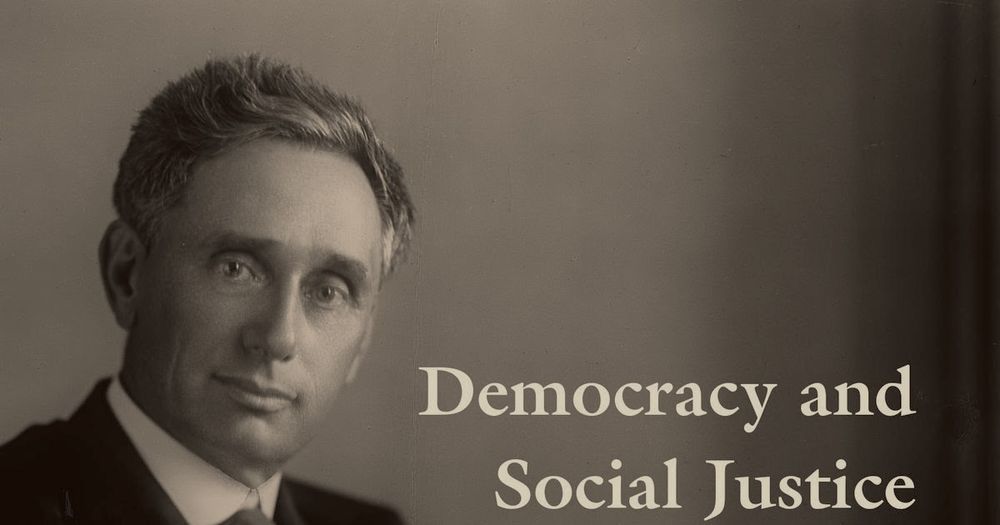Law and Humanities Workshop for Junior Scholars
[We have the following Call for Participation for the 2026 Law and Humanities Workshop for Junior Scholars. DRE]
Georgetown University Law Center, Stanford Law School, UCLA School of Law, the University of Pennsylvania, and the University of Southern California Center for Law, History, and Culture invite submissions for the 24th meeting of the Law and Humanities Workshop for Junior Scholars, to be held at the University of Pennsylvania Carey Law School on June 8-9, 2026.
About the Workshop. The workshop is open to untenured professors, advanced graduate students, post-doctoral scholars, and independent scholars working in law and the humanities. In addition to drawing from numerous humanistic fields, including Black and Indigenous studies, history, literature, political theory, critical race theory, feminist theory, and philosophy, we welcome critical, qualitative work in the social sciences, including anthropology and sociology. While the scope of the Workshop is broad, we cannot consider proposals that are focused solely on quantitative social science research or that are limited to doctrinal legal research. We are especially interested in submissions touching on themes of inequality, anti-racism and anti-subordination. We welcome submissions from those working at regional and teaching-intensive institutions.
Based on anonymous evaluation by an interdisciplinary selection committee, between six and eight papers will be chosen for presentation at the Workshop, where two senior scholars will comment on each paper. Commentators and other Workshop participants will be asked to focus specifically on the strengths and weaknesses of the selected scholarly projects, with respect to subject and methodology. The selected papers will then serve as the basis for a larger conversation among all the participants that may include themes connecting all of the projects, as well as discussion of the evolving standards by which we judge excellence and creativity in interdisciplinary scholarship.
The selected papers may appear in a special issue of the Legal Scholarship Network at SSRN; there is no other publication commitment. (We will accommodate the wishes of chosen authors who prefer not to have their paper posted publicly with us because of publication commitments to other journals.) However, we will only accept Workshop participants whose papers are true works in progress; articles or chapters that are already in page proofs or are otherwise unable to be revised by the time of the Workshop are ineligible.
The Workshop will pay the domestic travel and hotel expenses of authors whose papers are selected for presentation. For authors requiring airline travel from outside the United States, the Workshop will cover such travel expenses up to a maximum of $1250.
Submission Instructions. Applications should be submitted through the submissions portal on the Law and Humanities Workshop website [here]. Your application should consist of a single Microsoft Word document (not PDF) containing:
* a 1500-2000 word summary of your paper (word count includes footnotes or endnotes);
* a 1-2 page bibliography; and,
* if your paper is a chapter in a book or dissertation, an optional 1-page chapter outline of the larger project.
Applications are due on Monday, December 1, 2025.
If your application advances to the final stage of consideration, you will be asked to submit the full paper by January 15, 2026. Please do not apply if you will not have a full paper on January 15. Your application should be a summary of existing, ongoing work rather than a proposal for new or planned work.
The full paper must be a work-in-progress that does not exceed 10,000 words in length (including footnotes/ endnotes). A dissertation chapter may be submitted, but we strongly suggest that it be edited so as to stand alone as a piece of work with its own integrity. A paper that has been submitted for publication is eligible for selection so long as it will not be in galley proofs or in print at the time of the Workshop; it is important that authors still be in a position at the time of the Workshop to consider comments they receive there and to incorporate them as they think appropriate in their revisions.
We ask that those submitting applications be careful to omit or redact any information in the paper summary, bibliography, or chapter outline that might serve to identify them, as we adhere to an anonymous or “blind” selection process.
For more information, please send an email inquiry to [email protected] or visit [here].
Program Committee, 2026 Law and Humanities Workshop for Junior Scholars
Riaz Tejani, Chapman University, Law, Chair
LaToya Baldwin Clark, University of California Los Angeles, Law
Danielle Boaz, University of North Carolina at Charlotte, Africana Studies
David Eng, University of Pennsylvania, English & Asian American Studies
Melynda Price, University of Michigan, Women and Gender Studies
Clyde Spillenger, University of California Los Angeles, Law
The Law and Humanities Workshop for Junior Scholars is committed to anti-racism both inside and outside the academy.










